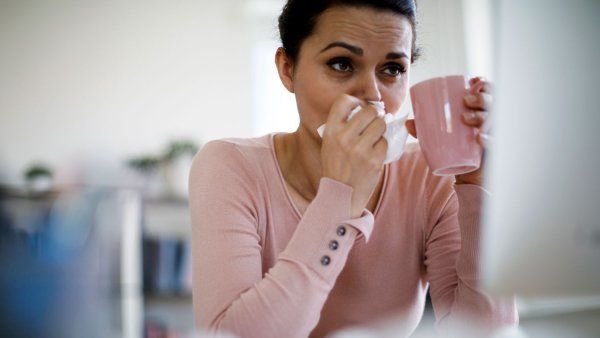University of California San Francisco
Give to UCSF-
-
Clues to Brain Development and Disease Emerge from 3D Epigenome Study
UCSF researchers are finding new clues to how neuropsychiatric disorders unfold by focusing on the role of a little-studied form of DNA in early brain development.
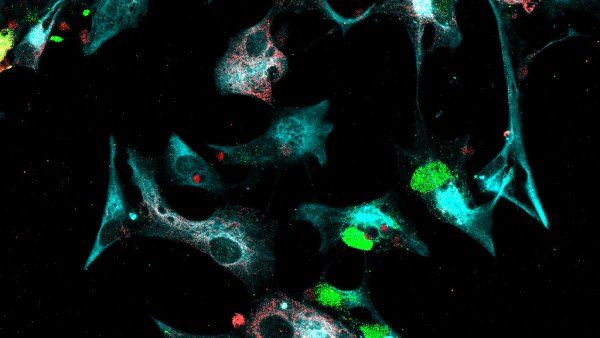
-
Med Students on How COVID-19 Pushed Them to Take Action, Highlighted Health Care Inequalities
-
Inhalable Treatment Enhances Regeneration in Lung Fibrosis Model
A new study highlights the potential of a novel, inhalable regenerative therapy for the treatment of idiopathic pulmonary fibrosis.
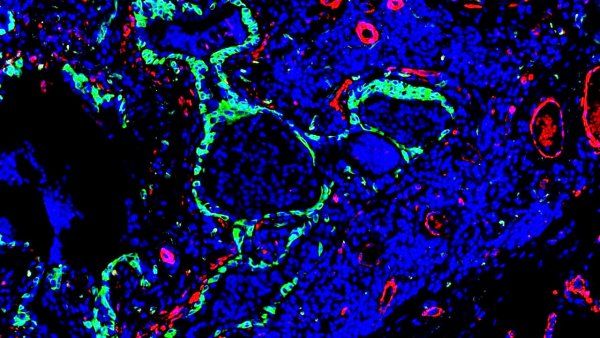
-
Struggling Sea Lions May Benefit from UCSF Neuroscience Research
A cellular therapy for epilepsy developed at UCSF has been employed for the first time in a sea lion with intractable seizures caused by ingesting toxins from algal blooms.
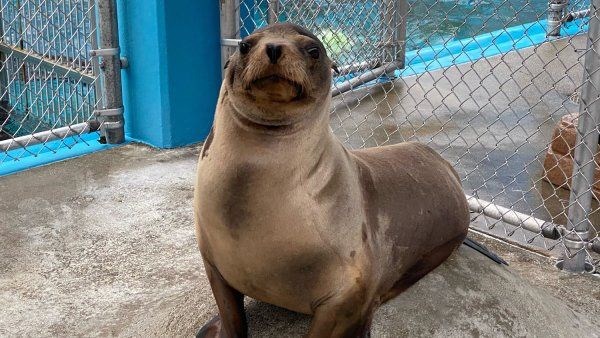
-
DNA Test Identifies Genetic Causes of Severe Fetal and Newborn Illness
A new study by University of California researchers shows the promise of high-throughput DNA-sequencing technologies to improve prenatal diagnosis and pregnancy outcomes for women who have experienced an abnormal prenatal ultrasound.
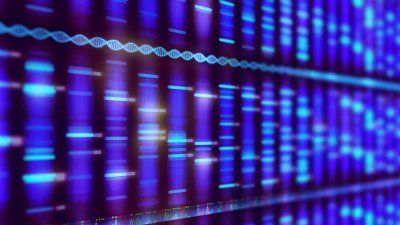
-
Brain Surgery for a ‘Sweet Boy’: Saving Cronutt the Sea Lion
-
UCSF, Fortanix, Intel, and Microsoft Azure Utilize Privacy-Preserving Analytics to Accelerate AI in Health Care
UC San Francisco’s Center for Digital Health Innovation (CDHI), Fortanix, Intel, and Microsoft Azure have formed a collaboration to establish a confidential computing platform with privacy-preserving

-
One in Four Pregnant People With COVID-19 May Have Lingering ‘Long-Haul’ Illness
-
New Gift Fuels Precision Medicine Approaches to Diabetes
A generous gift of $1 million from an anonymous donor recently created the Breakthrough Initiative in Type 1 Diabetes Precision Medicine and Discovery.
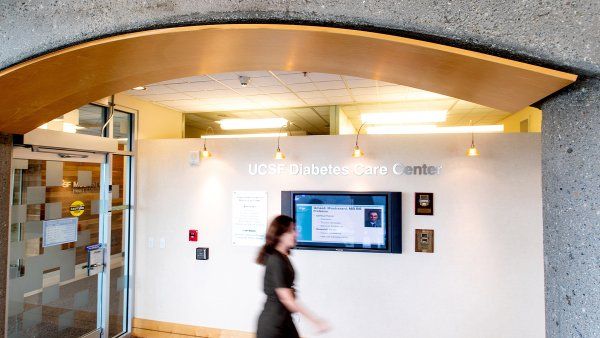
-
UCSF Expands Courses on How to Be an Anti-Racist Scientist or Clinician
UCSF schools have created new courses and expanded existing curriculum that address issues of structural racism in science and health care. They take an explicitly anti-racist approach, which advocates for interventions against racism instead of merely being not racist.
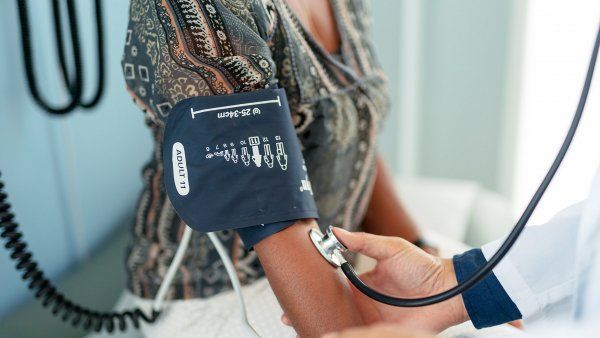
-
COVID-19 Has a Prolonged Effect for Many During Pregnancy
In the largest study to date of COVID-19 among non-hospitalized pregnant women, researchers analyzed the clinical course and outcomes of 594 women who tested positive for the SARS-CoV-2 virus during pregnancy.

-
Remote Learning, Face Masks – Health Sciences Education Adapts During COVID-19
As the thousands of students head back to UCSF this fall, educators across campus have had to balance innovative distance learning opportunities with safely bringing learners back together for experiences that must take place in simulation labs, clinical settings, research labs, and more.
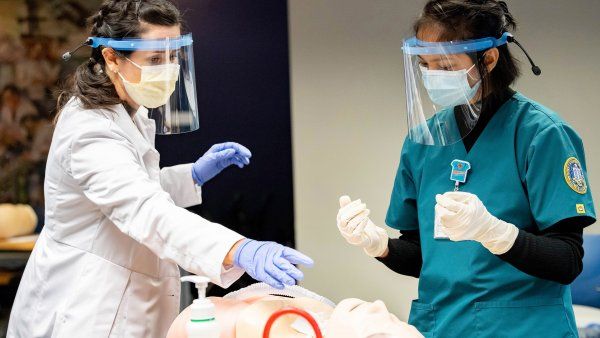
-
Risk of Deadly Skin Cancer May Be Gauged by Accumulated DNA Damage
Risk for melanoma, the most deadly skin cancer, can be estimated long before detection of any suspicious moles, according to a UCSF scientist.
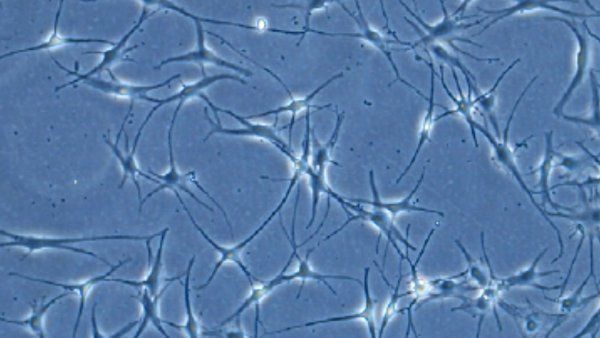
-
3 UCSF Researchers Win NIH New Innovator Awards
The UCSF researchers — whose work spans investigations into autism spectrum disorder (ASD), oncology, and mitochondrial disease — were among 85 awardees for the grants that the NIH says “will fund highly innovative and unusually impactful biomedical or behavioral research proposed by extraordinarily creative scientists.”
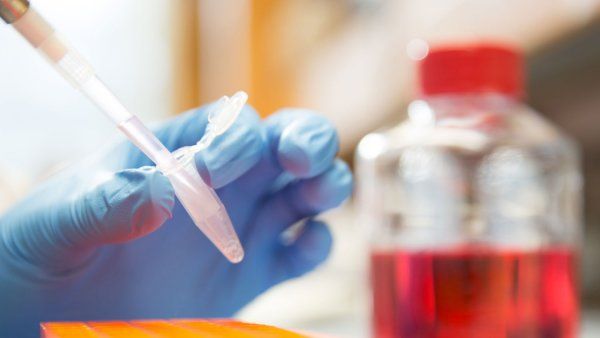
-
Why Has The White House Not Conducted Contact Tracing?
-
Face Masks: What the Data Say
-
Bioartificial Kidney Project Receives $1M Grant to Advance Its Work
The John and Marcia Goldman Foundation, a private family foundation based in San Francisco, recently granted The Kidney Project $1 million to advance its bioartificial kidney.
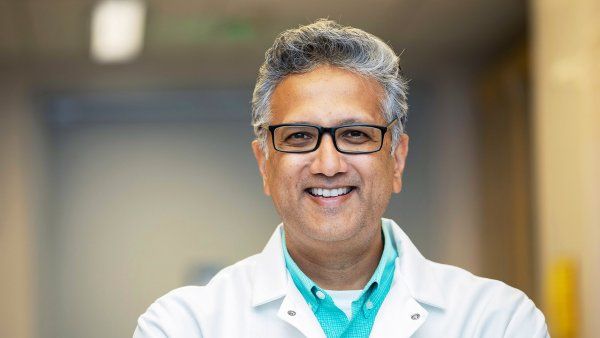
-
Parents Less Aware When Their Kids Vape Than When They Smoke
Most parents know or suspect when their child smokes, but they are much more likely to be in the dark if the child vapes or uses other tobacco products, according to a large national study by researchers at UCSF.
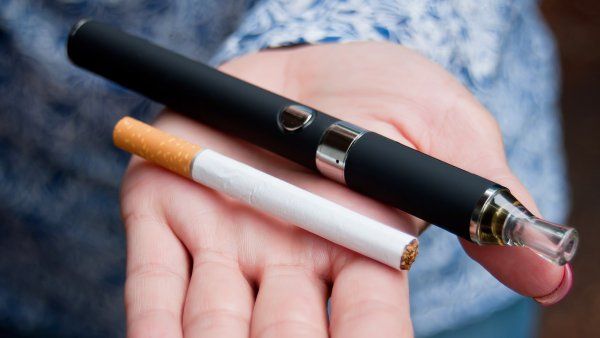
-
Trump's COVID-19 Steroid Treatment Breaks From Norm, Doctors Say
-
Expanded Newborn Screening Could Save Premature Infants’ Lives
Expanding routine newborn screening to include a metabolic vulnerability profile could lead to earlier detection of life-threatening complications in babies born preterm, according to a study by UC San Francisco researchers.
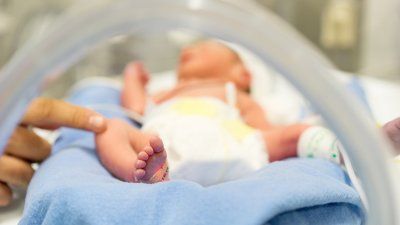
-
Cancer Immunotherapy ‘Uniquely Suppressed’ by Liver Tumors
Though cancer immunotherapy has become a promising standard-of-care treatment – and in some cases, perhaps a cure – for a wide variety of different cancers, it doesn’t work for everyone, and researchers have increasingly turned their attention to understanding why.
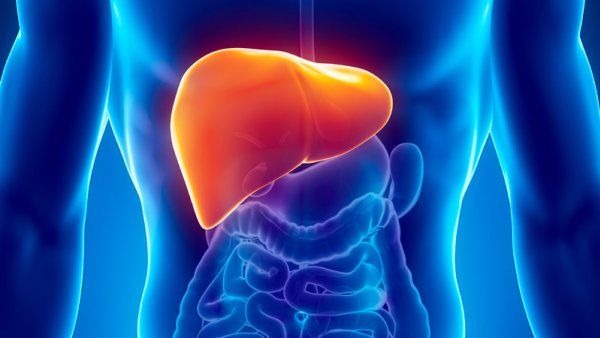
-
UCSF Researchers Test New COVID-19 Drug
-
An ‘Awe Walk’ Might Do Wonders for Your Well-Being
-
UCSF Launches Pilot of Privacy-Preserving Smartphone Tool to Help Slow Spread of COVID-19
Students, faculty and staff at UCSF will be invited to activate COVID Notify on their smartphones.
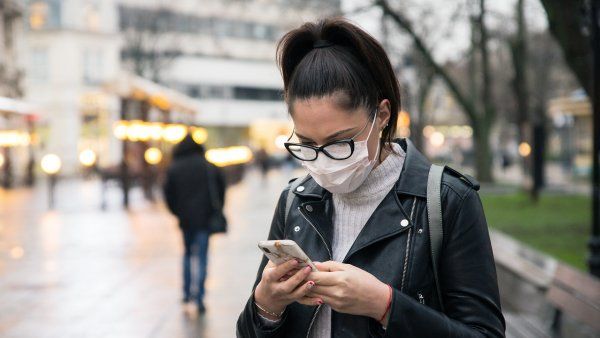
-
The Open Hand: A Conversation with the Descendants of Biddy Mason
UCSF talked with Cheryl and Robynn Cox, who are sixth-generation descendants of Biddy Mason, about the legacy of their great-great-great-great grandmother.
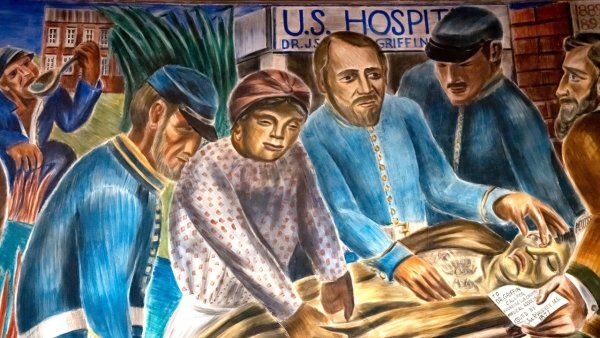
-
A Potential Downside of Intermittent Fasting
-
Time-Restricted Eating Doesn’t Work for Weight Loss
The study found no significant difference between the two groups in total weight loss or in other health markers.
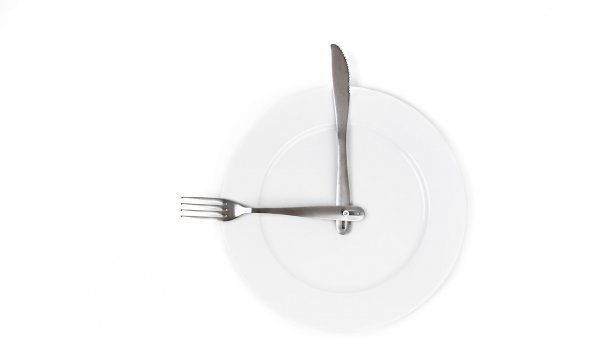
-
Two Big Reasons S.F. Has the Lowest COVID Death Rate Among Major U.S. Cities
-
Can You Tell If It’s the Flu or COVID-19? Doctors Say It’s Not So Clear
With influenza, COVID-19, and the usual cold-weather respiratory infections in circulation this winter, experts say it’s bound to be a confusing season for people to sort out what to do when they fall ill.
